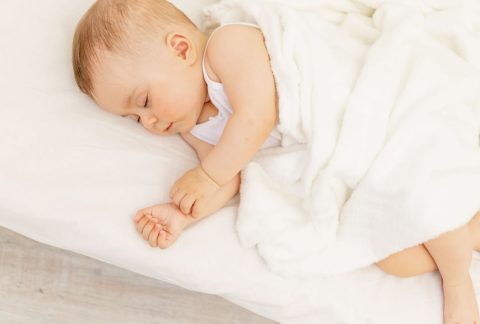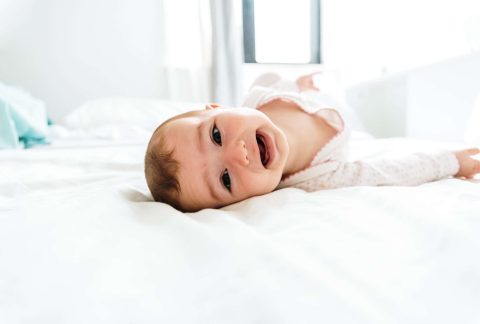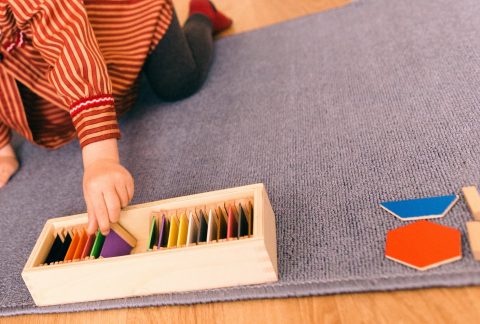Teaching team with great knowledge and international experience in Montessori classrooms.
Didactic material: in our virtual campus you will find theoretical and practical content and videos.
Sensorial education is one of the axes of the Montessori method, which takes advantage of children’s interest in exploration and the ease of perceiving details, between three and six years of age.
“The education of the senses should be begun methodically in infancy and should continue during the entire period of instruction which is to prepare the individual for life in society.”
Maria Montessori
Beyond stimulating the different sensorial channels, the materials designed by Dr Montessori offer the possibility of organising information and favouring cognitive development through classification and serialisation.
The characteristics of these materials that stand out are the self-correction and the introduction of the child to abstract concepts through concrete experiences.
The work in this area prepares children for further learning related to Mathematics and Geometry and develops some necessary skills for reading and writing, in the words of Dr Montessori:
“Sensorial development precedes that of a higher intellectual activity”.


